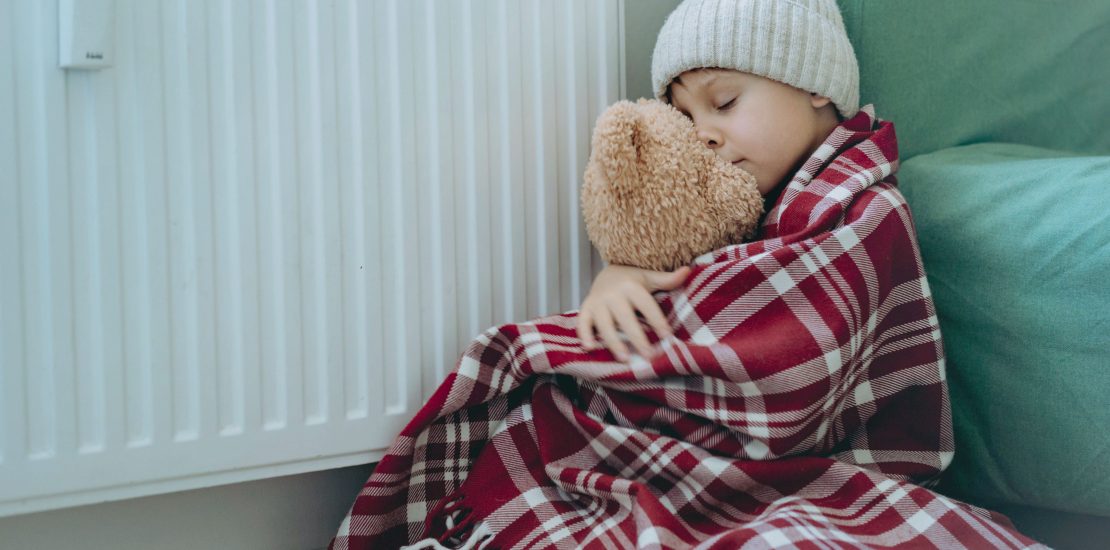Contact: Anna Cook, Head of Communications and Campaigns, anna.cook@nea.org.uk, mobile: 07884 371913
Temperatures across the UK are likely to be well below zero over the coming days.
Adam Scorer, Chief Executive at fuel poverty charity National Energy Action, says:
‘While everyone should be able to be warm in their homes, sadly, we know that is not the reality for millions.
‘The cold causes misery and ill health. It can, and it will, kill.
‘With many already struggling with record levels of energy debt and higher energy bills, temperatures plummeting to well below freezing makes this an exceptionally difficult time to keep warm. It makes it a public health emergency.
‘Even heating just one room may be impossible. We hope people prioritise their health and try to heat at least one room – ideally to around 18 degrees. If you are still struggling, it’s important to reach out.
‘Your supplier or your local authority could provide short-term support to keep your meter topped up. Your relatives or friends may be help you block up draughts or cracks in windows, which can make a real difference.
‘The reality for millions of people is simply that they will not be able to heat their homes adequately and will need to do whatever they can to keep their bodies as warm as possible. Wearing layers, thick socks and using blankets may keep out some of the cold.
‘But that is no proper answer to our systemic problem of fuel poverty and dangerously cold homes. Ultimately, bitter cold snaps like this should be a wake-up call for more help nationally. People who are in real danger from cold homes desperately need more help to keep warm.’
If this goes online please link to www.nea.org.uk/get-help
ENDS
- National Energy Action (NEA), is the national fuel poverty charity, working across England, Wales and Northern Ireland, to improve the lives of people in fuel poverty. We directly support people with energy and income maximisation advice, and we advocate on issues such as the current energy crisis and the need to improve the energy efficiency of our homes. See: www.nea.org.uk.
- The links between cold homes and ill health are well recognised. When the temperature falls below 16°C, respiratory function can be impaired. When it reaches 12°C increased strain can be placed on the cardiovascular system. When the temperature reaches 5-8°C, an increased risk of death can be observed at population level. Source: NICE – www.nice.org.uk/guidance/ng6
- The recommended indoor temperature is between 18 and 21°C. Source: Public Health England – https://assets.publishing.service.gov.uk/government/uploads/system/uploads/attachment_data/file/776497/Min_temp_threshold_for_homes_in_winter.pdf


